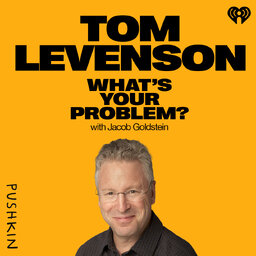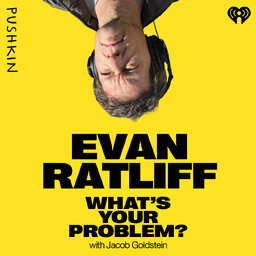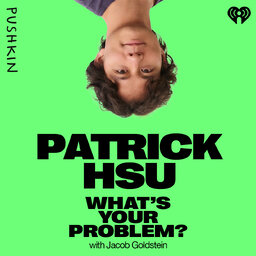The Trick to Flying Cheap
David Neeleman has founded five airlines, including JetBlue. He recently launched a new airline, called Breeze.
His problem: How do you use technology to bring down the cost of airfares?
He's been working on that problem for decades -- from inventing ticketless travel in the 1980s, to building a 21st century airline where customers never need to call customer service to ask for help.
If you’d like to keep up with the most recent news from this and other Pushkin podcasts be sure to subscribe to our email list.
In 1 playlist(s)
What's Your Problem?
Every week on What’s Your Problem, entrepreneurs and engineers talk about the future they’re trying …Social links
Follow podcast
Recent clips

The Killer We Refused to See
39:13

The Startup Run by AI Agents
54:16

Can AI Help Solve Alzheimer’s?
33:47
 What's Your Problem?
What's Your Problem?